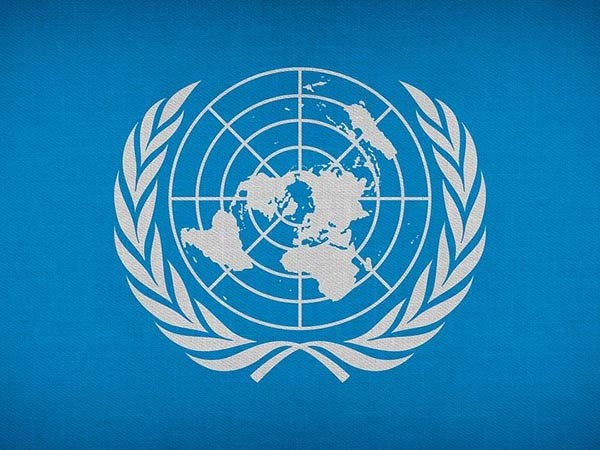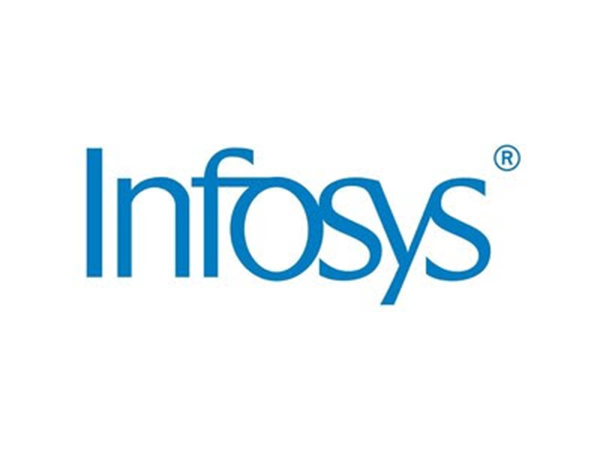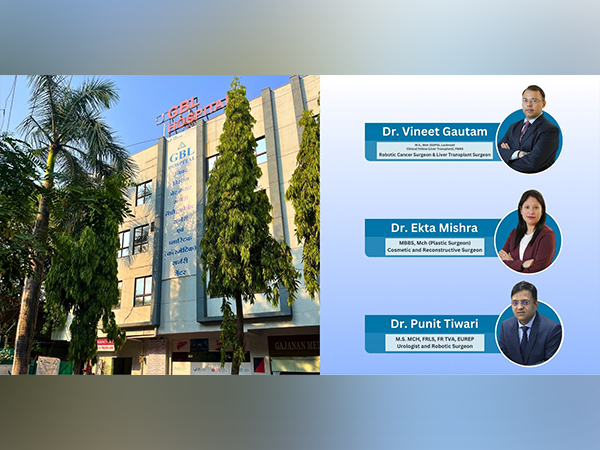
UN envoy sees strong desire for change in Kosovo
Apr 14, 2021
United Nations, April 14: The top UN envoy in Kosovo, Zahir Tanin, on Tuesday saw a strong desire for change in Kosovo expressed in the Feb. 14 elections.
Against the challenges of COVID-19, early legislative elections were successfully held across Kosovo on Feb. 14. The winning party, Vetevendosje, received more than half of all votes cast, said Tanin, the UN secretary-general's special representative and head of the UN Interim Administration Mission in Kosovo (UNMIK).
"Prior to the elections, during less than one year and a half, three separate governments held power in Kosovo. This fact alone helps to illustrate the amount of political turbulence which prevailed, and which made the results of February's vote all the more significant for the population," he told the Security Council in a briefing.
An examination of the demographics of the vote revealed a strong desire for change across Kosovo society. The expectations expressed were for a shift in the responsiveness of a government to the real hopes and needs of its voters, for greater equality of opportunity, accountability, and the rule of law, he said.
Kosovo's new government faces great opportunities, alongside great challenges. New Prime Minister Albin Kurti leads a strong majority government. He has foreshadowed a people-centered approach to governance, stressing the advancement of justice, addressing endemic corruption, and improving the social and economic outlook of all, said Tanin.
"No less, this equates to an important opportunity to transform public narratives which have held hostage the aspirations of a new generation. Opening the door to the future, of course, requires a transformation, and changing the priorities which are reflected in both words and in deeds. Reducing tension also requires that ruling and opposition parties alike prove their capacity to cohere on wider interests," he said.
At the end of the Kosovo War in 1999, Kosovo, a Serbian province dominated by ethnic Albanians, was placed under transitional UN administration by the Security Council. It declared independence from Serbia in February 2008. Kosovo's independence is partially recognized by the international community.
Tanin said both Pristina and Belgrade understand the importance of their relations.
Tanin said he spoke on Tuesday morning with Serbian President Aleksandar Vucic, who highlighted the importance of the dialogue and reiterated the hope that this dialogue should be intensified in order to produce results beyond those previously accomplished.
"I know, from my discussions in both Pristina and Belgrade, that each side is aware how central the quality of their relations will be in advancing the aspirations of their constituencies, for progress along the European path. Only a meaningful and sincere dialogue and forward-looking policies will evolve these relations, and allow mutual interests to be met," he said.
Under the stewardship of the European Union, ample technical and political support stands ready for the continuation of the Pristina-Belgrade dialogue, aiming toward a comprehensive agreement, he said.
"The dialogue with Belgrade is not a formula imposed from without. It is a building block of progress that must come from within. ... There is an opportunity at hand, and UNMIK remains committed to supporting the steadfast leadership needed to seize it. The voters in Kosovo raised their voices for breaking with the past, and I hope that the members of this (Security) Council will add their clear support for the realization of a more peaceful, more prosperous future in Kosovo and the region," he added.
Tanin said Kosovo remains under relentless pressure from the spread of the COVID-19 virus as the last six months witnessed two dramatic spikes in infections, one in November, and another which just began in March and is continuing.
Although additional containment measures were reintroduced, beginning just last week, the running average of new infections is reaching its highest point since the pandemic began. As of Tuesday, the virus is known already to have infected more than 100,000 people in Kosovo, and has caused over 2,000 deaths, one of the highest per capita, he said.
As part of the COVAX scheme, a first delivery of 24,000 doses arrived in Kosovo at the end of March, marking only the beginning of a vaccination program, he said. "It will be essential to accelerate vaccine-related support to Kosovo, given the alarming infection rates and the spread of more virulent strains of the pathogen."
Source: Xinhua









